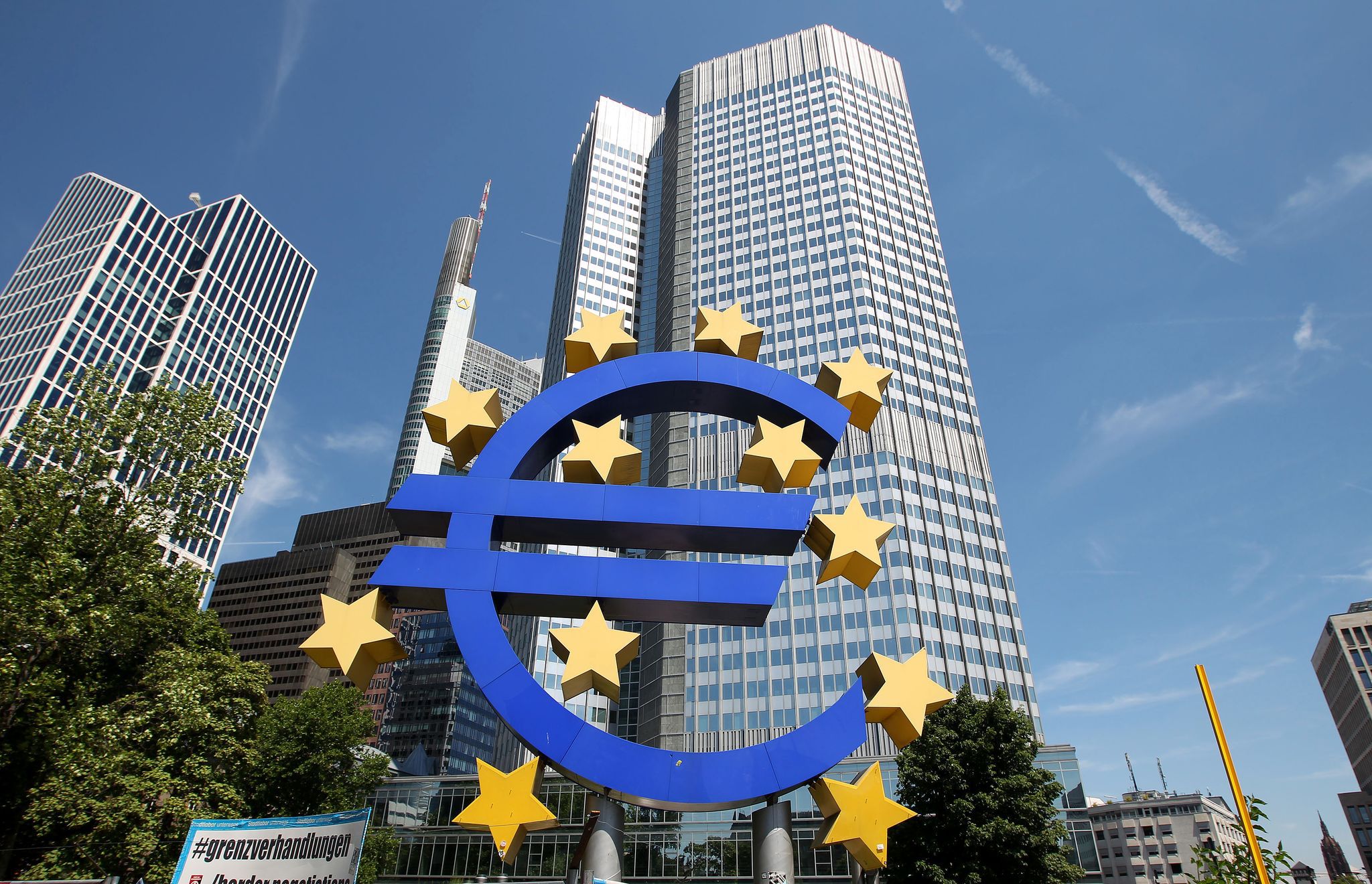Europe agrees to better regulate fragmented payments

Under discussion since last July, the representatives of the European Parliament, the Council and the Commission of the European Union have reached an agreement on the new European framework for consumer credit.
FACTS
-
The bill aims both to strengthen rules deemed obsolete and to significantly broaden their scope of application, notably by incorporating "Buy now pay later" (BNPL) practices.
-
Among the rules retained:
-
Obliging lenders to provide full information on the real total cost of credit.
-
Checking that the borrower is able to repay the loan and refusing it if the credit assessment is negative.
-
Grant a right of withdrawal within 14 days without justification.
-
The costs of these loans will be limited, in particular by capping interest rates.
-
-
The committee also added the right to be forgotten when selling consumer credit insurance. Parliament's negotiators have indeed obtained "a measure that protects people in remission from cancer applying for credit for which insurance is required, by granting them the 'right to forget' after a given period of time, so that their former illness does not affect insurance rates.
-
A plenary vote is planned in the European Parliament in spring 2023.
-
Member States will then have 24 months from publication in the Official Journal to transpose this text into national law, with varying degrees of requirements.
CHALLENGES
-
Better take into account new forms of credit: The proliferation of new products on the web, in particular fractional payments, has prompted the European Commission to revise its 2008 directive on consumer credit, which has become obsolete, in order to avoid a surge in household over-indebtedness in the current period of budgetary restriction.
-
Harmonising European credit law: The agreement provides for some flexibility for Member States in implementing the agreement.
-
These exclusions concern deferred debit cards, which are almost systematically used by customers for deferred payments, or the form that advertising on these credits can take.
-
Member States will also have some leeway regarding the prior assessment of consumer creditworthiness by lenders, especially for BNPLs. The negotiators agreed that the rigour of this assessment should be "proportionate" according to the risk of the credit, its duration and the amounts involved in particular.
-
-
Accommodating both sides: The provision to oblige lenders to provide an information sheet (duration, charges for non-payment, Annual Percentage Rate of Charge, etc.) "one day before" the credit is granted. As proposed by the Commission, the article in question would have "de facto eliminated the immediacy of BNPLs, which is a determining factor in the attractiveness of these products, both for traders and for consumers.
MARKET PERSPECTIVE
-
This regulatory breakthrough is not a one-off; it also affects other countries. Some European countries are ahead of the game, such as Ireland and Sweden.
-
In the UK, the FCA has also just published the long-awaited interim conclusions of its study on improving credit information. The objective is to rebalance the conditions of competition on the market with the arrival of digital players who benefited from specific exemptions. While the FCA does not deny the importance of open banking to improve customer scoring, it is putting the rating agencies back at the centre of the game, which will allow the sharing of centralised and controlled information.
-
In the United States, the subject is also evolving, with the US CFPB calling for more regulation of BNPL and at the same time announcing a new regulation around open banking, which should stimulate competition in the financial sector by obliging financial institutions to provide consumers with their own data.
